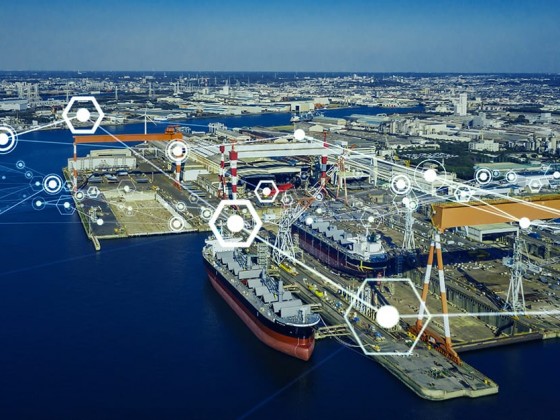by | Nazery Khalid, Senior Fellow at Maritime Institute of Malaysia (MIMA)
Whether we realize it or not, Malaysia’s economy would not be the diverse, strong and lourishing economy it is today and we would not be able to have access to a variety of goods at reasonable prices.
Without safe, secure and clean seas, global trade, marine tourism, ishery and offshore activities would be disrupted and our economy would be poorer for it. A lthough Malaysia have done reasonably well to take advantage of our maritime features and harness economic benefit from the sea and its bountiful resources, a lot more could be done to enhance the contribution of the maritime industry to the nation’s economy. Malaysia enjoys many advantages that can be optimally harnessed to make it a globally competitive maritime nation. We are blessed with being in a strategic location in between Straits of Malacca and South China Sea that links East and West maritime trade. We have a long coastline, good infrastructures, good institutional framework, political stability, rich with natural resources, flourishing manufacturing sector and relatively low cost of production, to name a few. Malaysia has notched impressive success in the maritime industry. In recent years, we have emerged in the top five in the list of countries with the busiest port traffic among developing countries. Container throughput at local ports has been growing steadily, averaging around 15 mil. TEU (twenty foot equivalent unit) in the last three years and is expected to reach 21 mil. in 2012. With Port Klang and Port of Tanjung Pelepas ranked 13th and 17th respectively in the list of world’s busiest container ports in terms of volumes handled in 2011, Malaysia can indeed be proud of our ranking among the giants in the container sector. This success owes in large part not only to Malaysia’s strategic location in a dynamic economic region and along busy shipping lanes but also to astute planning and strong support from the Government to the maritime industry. Malaysia has put in place several policies and a strong institutional framework to develop its maritime industry. These include the policy to make Malaysia a maritime nation, the introduction of Cabotage Policy that reserves the carriage of domestic seaborne trade to local shipowners, and the designation of Port Klang as a National Load Center. The Ministry of Transport Malaysia, through its Maritime Division, is the lead agency responsible to develop a modern, safe and competitive maritime industry, and can take some credit for Malaysia’s achievements in the port and shipping sectors.










